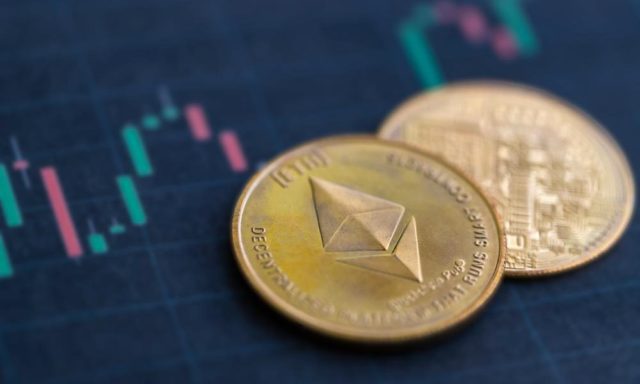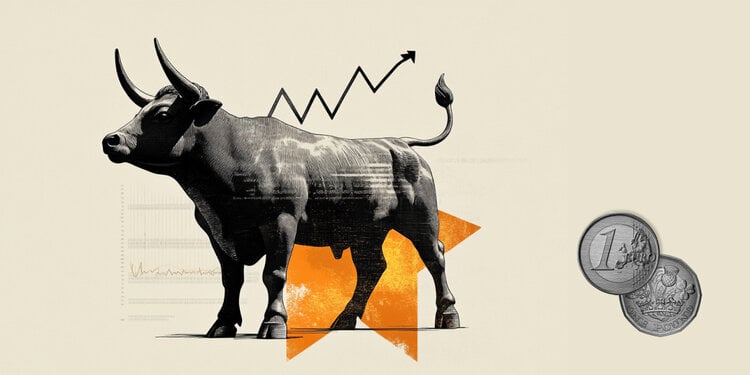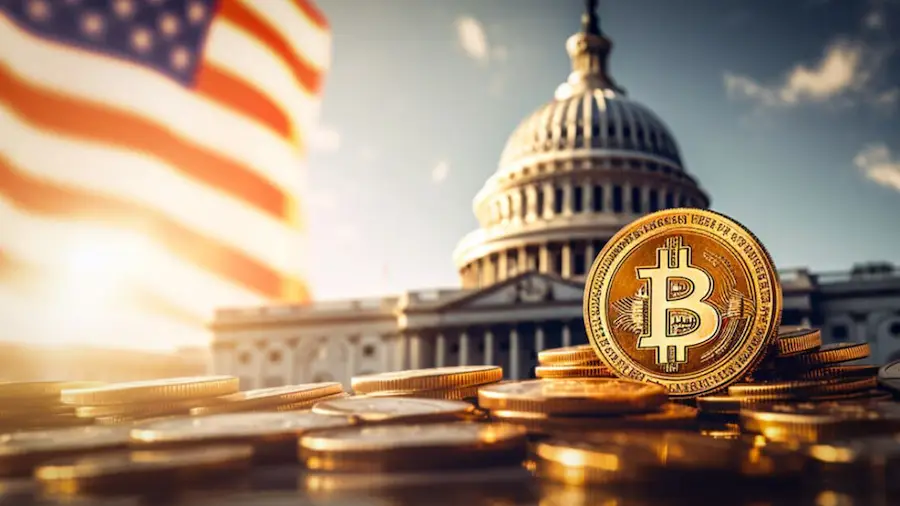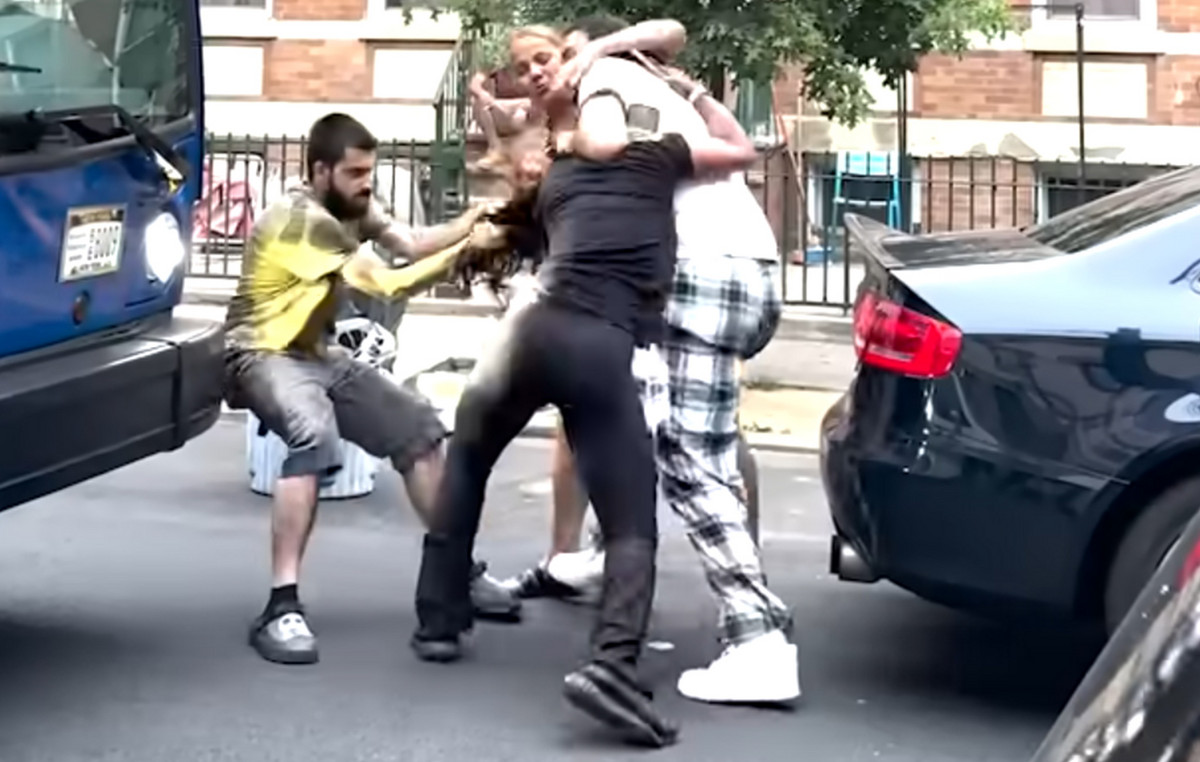With 99.8% of the votes counted, the President of Russia, Vladimir Putin, obtained 87.3% of the votes, according to preliminary results released this Monday (18) by the Central Election Commission of Russia (CEC).
The result means that Putin will rule until at least 2030, when he will be 77 years old. As Russia's longest-serving leader since Soviet dictator Joseph Stalin, he will secure a third full decade of rule.
The head of Russia's electoral commission said that turnout in the country's presidential elections, which concluded on Sunday (17), reached 77.44%, a post-Soviet record.
Putin has tightened his control over the country he has ruled since the turn of the century, with the almost complete results of elections organized in Russia indicating a predictably large victory for the Kremlin leader, in an outcome that was a foregone conclusion.
With most opposition candidates dead, imprisoned, exiled or barred from running – and with dissent effectively banned in Russia since it launched its full-scale invasion of Ukraine in February 2022 – Putin has faced no credible challenge to his government.
The outcome was inevitable – Putin's spokesman said last year that the vote was “not really democracy” but rather “expensive bureaucracy” – but the ritual of elections is nevertheless of crucial importance to the Kremlin as a means to confirm Putin's authority.
The ritual used to be performed every four years before the law was changed in 2008 to extend presidential terms to six years. Later constitutional changes removed presidential term limits, potentially allowing Putin to remain in power until 2036.
In a victory lap at his election headquarters on Sunday, Putin said the election had “consolidated” national unity and that there were “many tasks ahead” for Russia as it continues its course of confrontation with the West.
“No matter how much anyone tries to scare us, whoever tries to suppress us, our will, our conscience, no one has ever managed to do such a thing in history, and it won't happen now and it won't happen in the future. Never,” he said.
Putin on Navalny's death
Putin's fiercest opponents have died in recent months.
After leading a failed uprising in June, Wagner's mercenary boss Yevgeny Prigozhin was killed two months later after his plane crashed while traveling from Moscow to St. Petersburg. The Kremlin has denied any involvement in Prigozhin's death.
The elections were held a month after Alexey Navalny, Putin's most formidable opponent, died in an Arctic penal colony. Navalny's family and supporters have accused Putin of being responsible for his death, an allegation rejected by the Kremlin.
In his Sunday night speech, Putin made an unprecedented break with his tradition of not speaking Navalny's name, discussing his death and confirming discussions about a potential prisoner exchange involving the opposition figure.
Navalny's allies had previously claimed he was “days away” from being replaced before his death.
“As for Mr. Navalny – yes, he passed away. It's always a sad event. And there were other cases where people in prisons died. Didn't this happen in the United States? It happened, and not once,” he said.

Putin said that just days before Navalny's death he was informed of a proposal to exchange him for prisoners held in Western countries.
“The person who spoke to me had not yet finished the sentence when I said I agree,” Putin said.
“But unfortunately, what happened [a morte de Navalny] it happened. There was only one condition: changing it so it wouldn't come back. Let him sit there. Well, these things happen. There’s nothing you can do about it, that’s life.”
Challenges
Navalny's widow, Yulia Navalnaya, called on Russians to demonstrate collectively as a show of opposition on Sunday, the final day of voting in Russia's 11 time zones and 88 federal subjects. In preparation, the Kremlin warned against unauthorized gatherings.
A team from CNN in Moscow saw the line outside a polling station grow rapidly at midday, as part of the Navalny-inspired so-called “Noon Against Putin” demonstrations.
A woman waiting in line told the CNN : “This is the first time in my life that I have seen an election line.” Asked why she came at that time, she replied: “You know why. I think everyone in this line knows why.”

Similar protests were held at Russian embassies across Europe, with large crowds gathering at midday in London, Paris and elsewhere. Navalnaya participated in a demonstration in Berlin, waiting in line with other voters in a show of opposition.
The election was also marked by more explicit acts of defiance. As of Saturday, Russia had opened at least 15 criminal cases after people poured paint into ballot boxes, started fires or threw Molotov cocktails at polling stations.
Ella Pamfilova, head of Russia's CEC, said 29 polling stations in 20 Russian regions had been targeted by attacks, including eight arson attempts.
More than 60 Russians were detained in at least 16 cities on the final day of voting, according to independent rights group OVD-Info.
Wartime election
Russia also held presidential elections in four Ukrainian regions it annexed during its full-scale invasion. Ukraine said the elections violated international law and would be considered “null and void.”
Russian-installed authorities in occupied Ukraine reported a high turnout of over 80%. But evidence of electoral coercion has emerged. Russian Telegram channels showed Russian soldiers accompanying election workers as they went from house to house to collect votes.
Video from Luhansk showed an elderly woman inside her apartment filling out a voter ballot and placing it in the ballot box, while a man in military uniform stands next to her with a rifle slung across his chest.

After preliminary results were released on Sunday, Ukrainian President Volodymyr Zelensky called Putin a “dictator” and Russia’s election a “sham.”
“It is clear to everyone in the world that this individual, as has happened so many times in history, is simply sick of power and is doing everything he can to rule for the rest of his life. There is no evil he will not do to prolong his personal power. And there is no one in the world who is immune to this,” said Zelensky.
The elections take place after more than two years of war that have imposed enormous costs on the Russian population. The Kremlin is keeping the death toll secret, but Western officials believe more than 300,000 Russian soldiers were killed or wounded on Ukraine's battlefields.
Responding on Sunday to a journalist's question about French President Emmanuel Macron's comments last month that he would not rule out sending European forces to Ukraine, Putin said such a move would be “one step away from World War III.”
New ways
Putin's invasion reshaped the world's post-Cold War geopolitical axes, leading the West to treat Russia as a pariah state, after decades of friendlier relations.
The war has also shrunk Putin's world, after the International Criminal Court last year issued an arrest warrant for alleged war crimes committed in Ukraine, forcing more than 100 countries to arrest the Russian leader if he set foot on their territory.
But the war also opened new paths for Russia, which has sought to forge new partnerships and reinforce existing ones.
Russia's relations with China, North Korea and Iran – which did not condemn the invasion – deepened, and Putin tried to woo countries in the Global South by presenting a vision of a world not led by the West.
Putin's critics accuse him of inventing foreign policy problems to divert attention from his government's inability to solve Russia's myriad internal problems, from low life expectancy to widespread poverty.
Although Russia has resisted sanctions imposed by Western countries better than expected, the conflict has distorted its economy by sucking up resources for military production. Inflation soared, basic goods like eggs became unaffordable and tens of thousands of young professionals left the country.
Gauging popular opinion is difficult in authoritarian countries like Russia, where monitoring organizations operate under strict surveillance and many fear criticizing the Kremlin.
But the Levada Center, a non-governmental polling organization, reports that nearly half of Russians strongly support the war in Ukraine and more than three-quarters have some support.
Levada also reports that Putin's approval rating is over 80% – a number virtually unknown among Western politicians and a substantial increase compared to the three years before the full-scale invasion of Ukraine.
(Katharina Krebs, from CNN , Nathan Hodge, Josh Pennington, Radina Gigova, Andrew Carey, Olga Voitovych, Maria Kostenko, Darya Tarasova and Mariya Knight contributed reporting; with information from Felix Light, from Reuters)
Source: CNN Brasil
Bruce Belcher is a seasoned author with over 5 years of experience in world news. He writes for online news websites and provides in-depth analysis on the world stock market. Bruce is known for his insightful perspectives and commitment to keeping the public informed.







